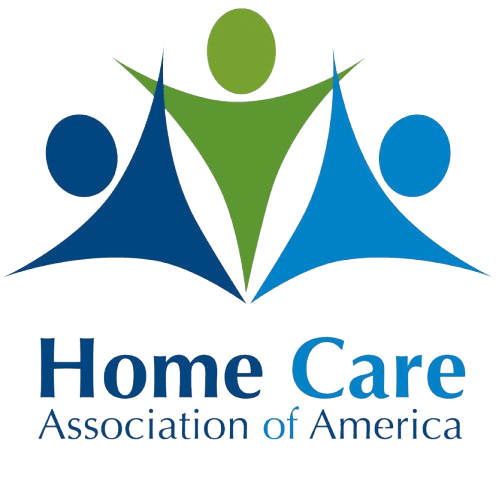Chronic obstructive pulmonary disease leads to trouble breathing and eventually, reduced quality of life. Managing COPD well means being aware of what symptoms are likely to occur and following a care plan properly. Home care assistance can be a big part of a senior’s care plan, especially in terms of helping seniors conserve energy and get support when they need it.
Symptoms of COPD
COPD has a variety of different symptoms associated with it, like shortness of breath, chronic cough, wheezing, and fatigue. There are two main forms of COPD. One involves chronic bronchitis and the other involves emphysema. COPD with chronic bronchitis tends to produce symptoms like mucus production with a persistent cough. COPD with emphysema causes damage to the air sacs in the lungs. Both forms are progressive and have no cure.
Managing COPD Symptoms
Because there is no cure for COPD, seniors need to learn to manage their symptoms effectively. Medications like inhaled medications help to open airways and reduce inflammation. Taking medication as directed and following doctors’ instructions helps seniors to keep symptoms under better control. Home care providers can help remind seniors when it’s time to take medications again. If seniors need a rescue inhaler, they should keep it with them so that it’s quickly available if it’s needed.
Lifestyle Changes Help
Lifestyle changes won’t cure COPD, but they can make it easier for seniors to keep their symptoms under better control. Eating healthier foods gives the body the energy it needs to fight off lung infections, for instance. When seniors become more active, that helps their lungs to become stronger and improves endurance. Seniors should talk with their doctors about which lifestyle changes are best for them.
Managing Exacerbations Is Important
Exacerbations occur when symptoms get significantly worse and may even require medical help. These symptoms can seem at first as if they’re a cold or the flu, for instance. Coughs become much worse, seniors may feel sick, and they may have a lot more trouble breathing. Having an emergency plan and knowing what to do is important. Home care assistance can help seniors to plan for what to do when exacerbations worsen.
Adapting the Home Environment
Maintaining good indoor air quality helps with breathing issues. Reducing dust and other irritants, like pet dander, also helps. The big problem is that keeping up with all of that can be tough for seniors with COPD to handle on their own. Home care assistance can take care of those tasks, letting seniors rest and do what they can, when they can. Seniors may also want to consider adding handrails in key locations so that they have something to hold onto as they move through the house. Becoming short of breath can lead to dizziness, and a fall is not something to play around with.
Living with COPD means paying attention to symptoms and addressing issues quickly. Home care assistance can offer a lot of support to ensure that seniors can focus on the steps they need to take to live their best lives.
If you or an aging loved one is considering home care assistance in Modesto, CA, please contact the caring staff at Provident Care Home Care today at (209) 578-1210.



